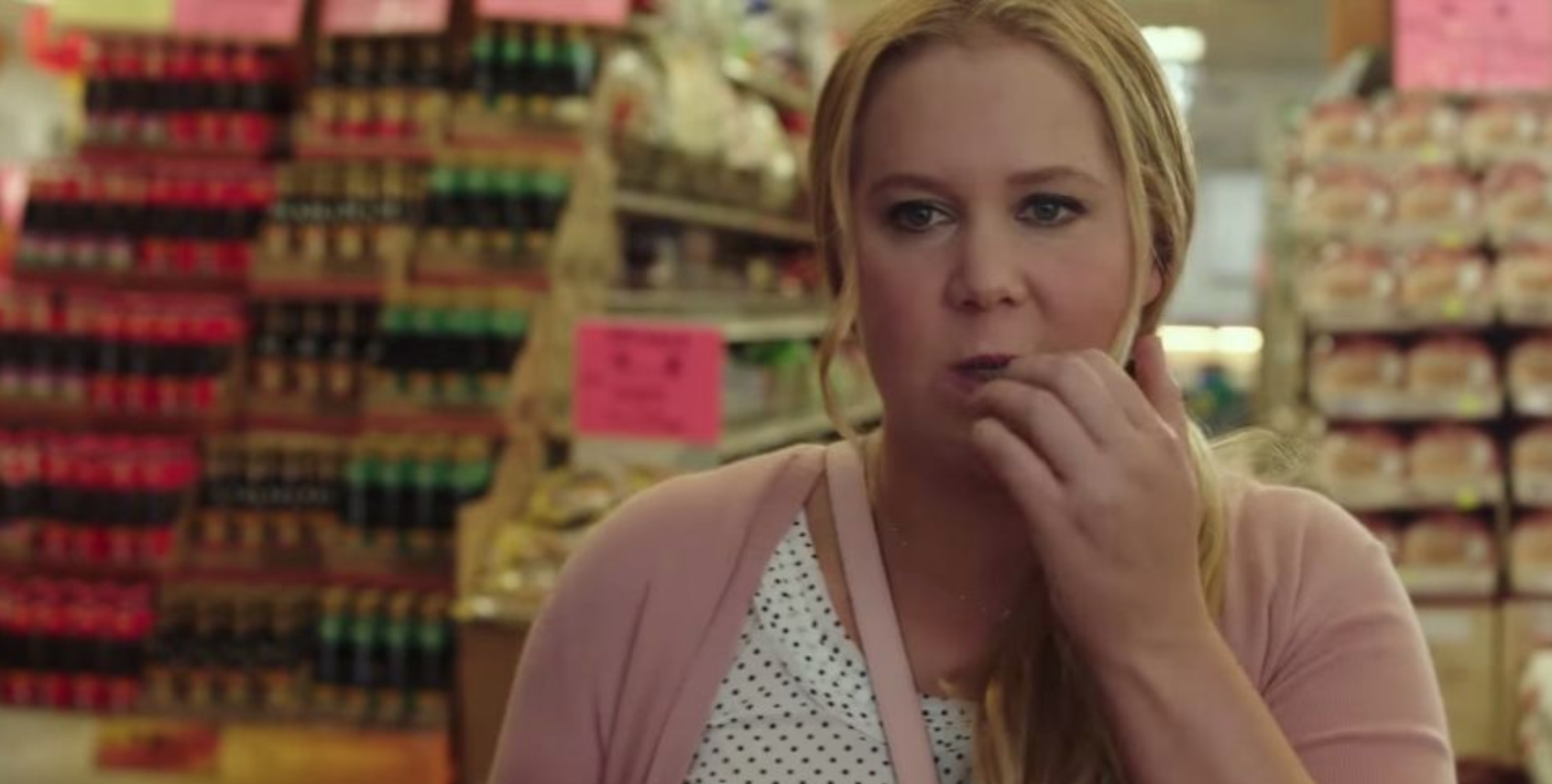A 4.13 interview with Cannes Film Festival director Thierry Fremaux was posted this morning by The Playlist‘s Charles Barfield. Fremaux says he was not only “heavily criticized” by his superiors but was almost fired for programming two Netflix films, Okja and The Meyerowitz Stories, during last year’s festival. Because Netflix hadn’t agreed to that ridiculous French law of having to wait three years to stream these films after booking them into French theatres.
Fremaux says he pleaded with Netflix this year to submit to the French system in order to allow Alfonso Cuaron‘s Roma and Orson Welles‘ The Other Side of the Wind to play at next month’s festival. Netflix declined, of course.
“I am asking them to accept that rule,” Fremaux relates. “They show dozens and dozens of films each year on Netflix. Could they not release just one film a year theatrically in France in order for it to come to Cannes?”
This reminds me of a tearful plea heard in The Godfather, Part II, conveyed by Talia Shire‘s Connie Corleone to Al Pacino‘s Michael Corleone:
“Michael, I hated you for so many years. I think that I did things to myself, to hurt myself so that you’d know…that I could hurt you. You were just being strong for all of us the way Papa was. And I forgive you. Can’t you forgive Fredo? He’s so sweet and helpless without you.” We all know what Michael’s ultimate response was — a bullet in Fredo’s head while he was fishing on Lake Tahoe with Al Neri.
“The consequence of the chronology means [Roma and The Other Side of the Wind would] come out three years later,” Fremaux explains. “Sure, it’s absurd. On a personal level, I think it’s time to change it, but for now, in 2018, we are where we are. If they accepted to bring out the film, to give it to a distributor and to say, ‘Look, we also financed Orson Welles’s The Other Side Of The Wind, they would be heroes and it would be fabulous for their image.”




